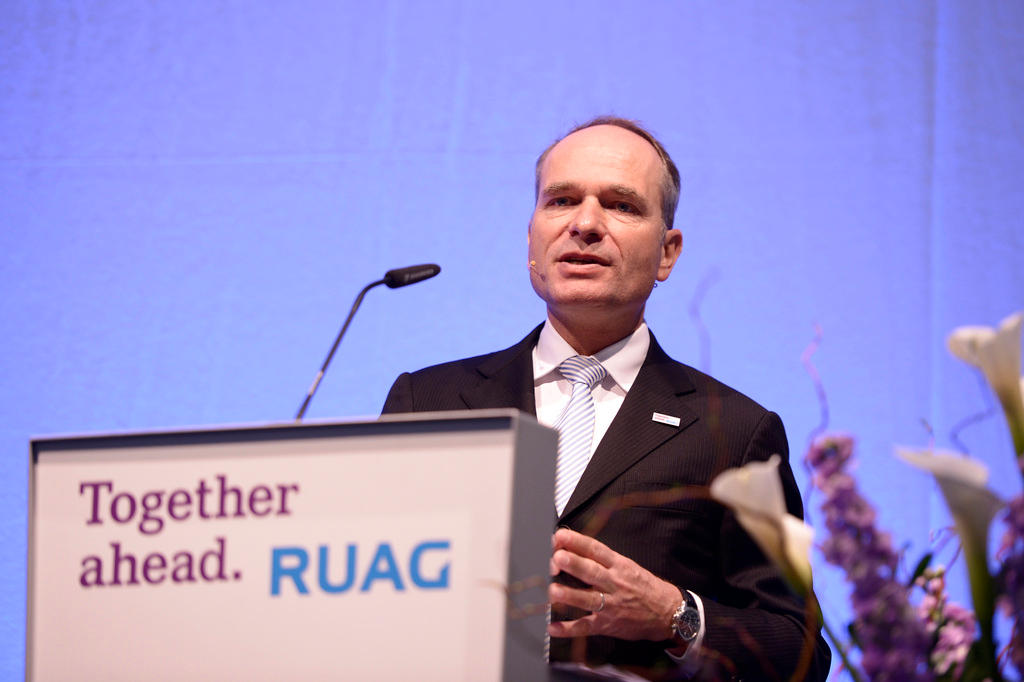Swiss firms face greater shareholder opposition

Shareholder rebellion over executive pay at Credit Suisse earlier this year is just one example of growing dissent by Swiss company owners. While annual general meetings are hardly a hotbed of revolutionary unrest, shareholders are slowly - but perceptibly - demanding more accountability.
One activist shareholder, the Ethos Foundation, has gone to the trouble of counting all voting patterns at Switzerland’s largest 200 companies from this year’s AGM season. The headline result is a 95.4% approval of all items put to shareholder vote at these firms.
Even comparing this to a 96.3% approval in 2016, this is not exactly a picture of wholesale shareholder discontent. But Ethos, which manages pension fund investments according to sustainable principles, has delved beneath the figures.
It has found falling support for a range of AGM proposals, even those that received majority approval. For example, a fifth of remuneration package votes received less than 80% support compared to 16% in 2016.
Opposition to pay at the largest Swiss financial companies was particularly significant. Fund manager GAM Holding saw shareholders reject pay proposals while executives at Credit Suisse were forced to take a 40% bonus cut to see its remuneration package eventually creep through.
This is because executive pay at the top financial firms increased 4% despite a 16% drop in profits, according to Ethos. “This disconnect between levels of executive remuneration and company performance is rightfully sanctioned more and more by the shareholders,” said Ethos CEO Vincent Kaufmann in a statement.
Furthermore, votes in some other companies were skewed by most stocks being held by the firms’ owners (or descendants) or by a single large shareholder, Ethos concludes. Companies such as Swatch, Schindler, Roche and Sika are cushioned against shareholder activism by such an arrangement.
The most obvious (and bizarre) example is that of the Sika family descendants, who control voting despite owning a minority of shares. A long-running takeover battle has pitched the family against other shareholders and the company’s own board of directors. As a result, the family has blocked pay for directors at three consecutive AGMs.
Swiss shareholders were given a bigger voice in the running of the company by a revision of Swiss laws following a 2013 vote to accept the so-called Minder initiative against ‘rip-off executive pay’.
Parliament is once again looking at company law changes and Ethos is lobbying hard for specific items to be included. Top of the wish-list is to abolish votes on future pay before the company’s results are known.
All shareholders should be able to measure pay and bonuses retrospectively against the actual performance of their company, Ethos insists, and not have to guess whether proposed future remuneration is fair. Only then can shareholders properly display opposition to bonuses, which is exactly what happened at Credit Suisse in April.

In compliance with the JTI standards
More: SWI swissinfo.ch certified by the Journalism Trust Initiative





You can find an overview of ongoing debates with our journalists here. Please join us!
If you want to start a conversation about a topic raised in this article or want to report factual errors, email us at english@swissinfo.ch.